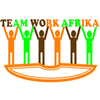Team Work Afrika (TWA) strives to improve the health and quality of life of all vulnerable people at all levels. Access to health services and safe water still remains elusive to many parts of the country, despite relative peace in the region, many people live in poor Sanitation comprised of poor garbage disposal, poor drainage systems and low latrine coverage especially in rural and semi-urban centers.
Inadequate WASH conditions exist in a range of settings, from temporary refugee camps to permanent homes in rural and semi-urban centers. Most of the Ugandan communities do not have access to improved Pit Latrines or simplest form of a toilet and share water sources with animals making it contaminated and unsafe to humans-
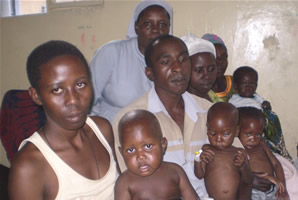
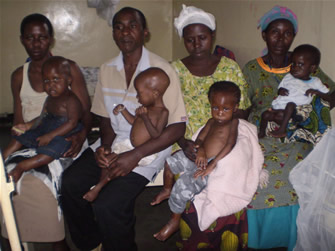
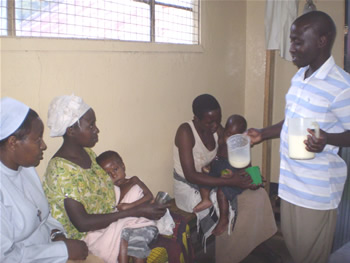
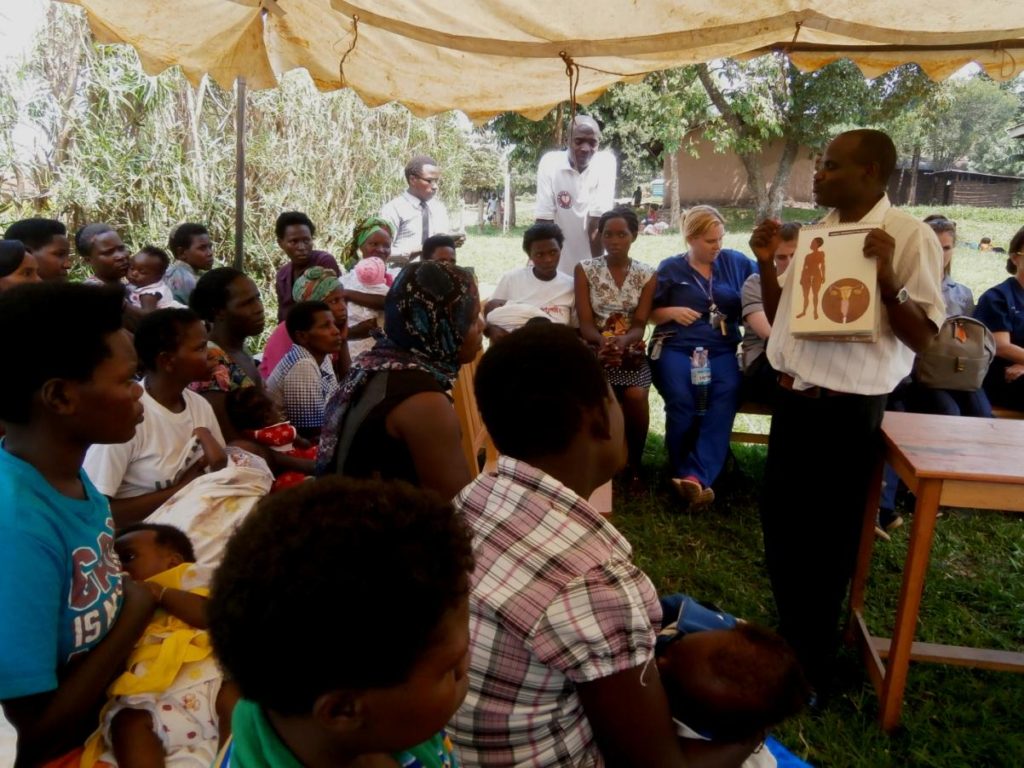
Every year, water related diseases (such as cholera/diarrhea) kill children due to poor sanitation facilities and lack or poor use of available latrines/toilets making diarrhea and respiratory infections the second leading killer of children under five years. Again 3.5 million young lives die from diarrhea related diseases and are attributable to unsafe water/poor hygiene and sanitation.
Fighting Covid19-
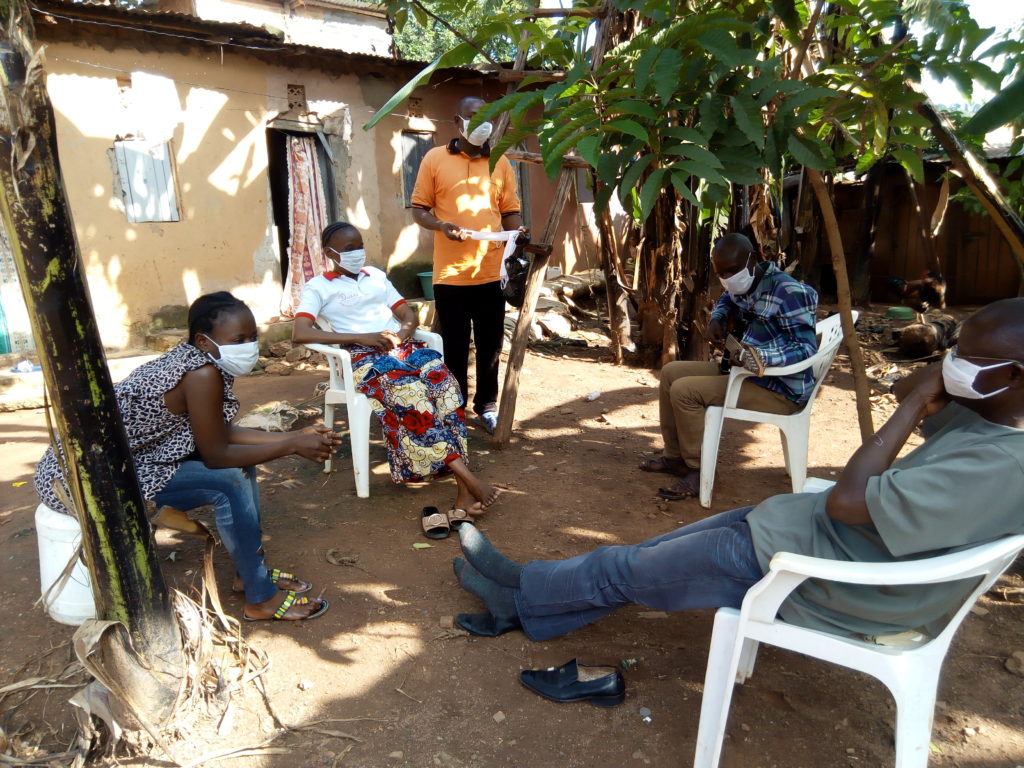
Distribution of Nose Mask to fight Covid19 Virus Pandemic -
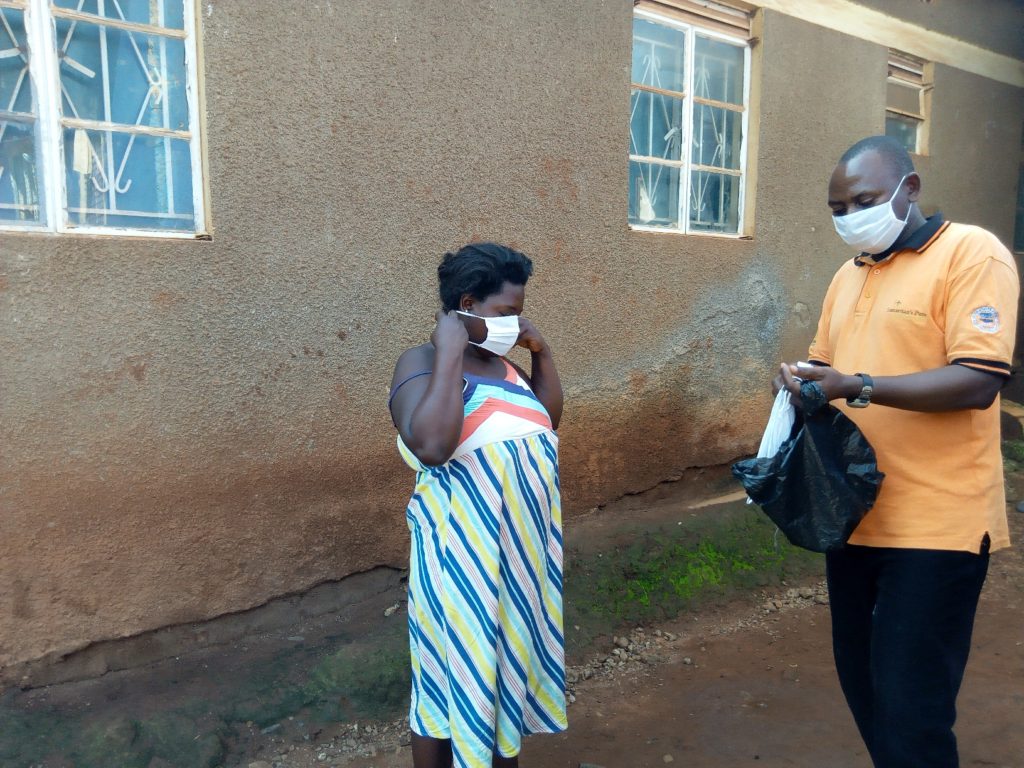
Distribution of Nose Mask to fight Covid19 Virus Pandemic -
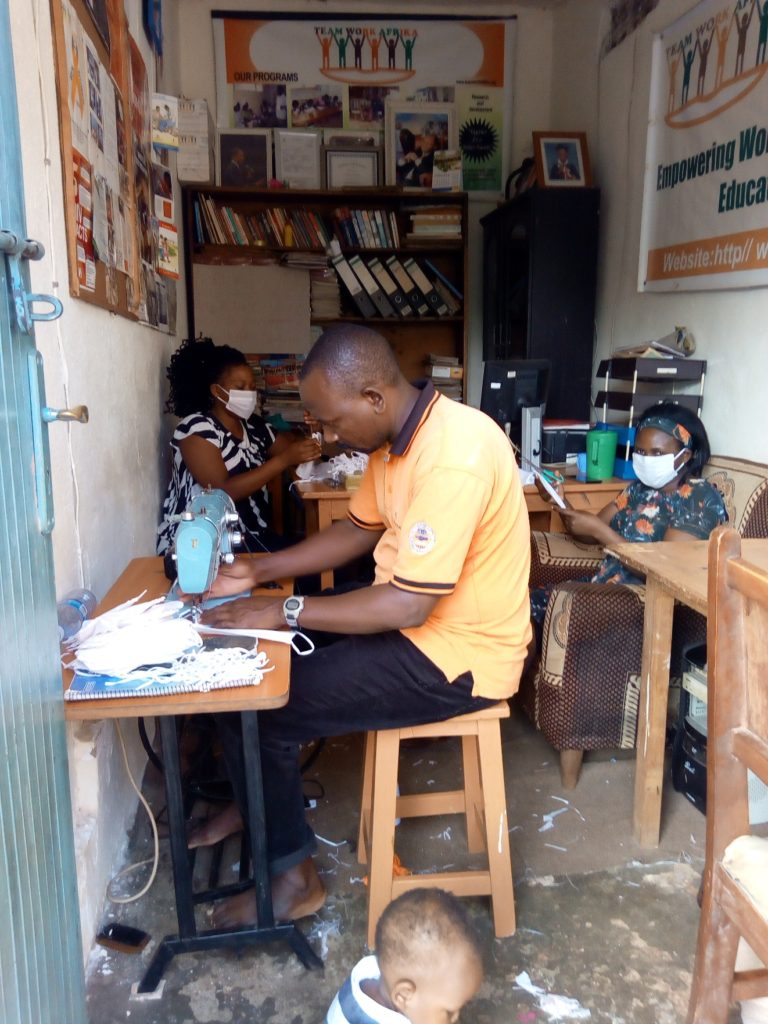
Making of Nose Mask to fight Covid19 Virus Pandemic
As a child rights organization we have come up with innovations to mobilize, sensitize, train and implement programs in areas of hand washing practices, rehabilitation of community water sources, construction of community toilets/latrines, and good use of available latrine. We involve all local leaders and stake holders to take water as the top most priority among other basic needs “Water is Life and life is Water” Our people need to know and respect clean water, sanitation and hygiene. Cleaning of latrines in most schools is usually enforced as form of punishment, where students look at it as a nasty punishment while WASH issues are regarded predominantly as children and women’s issues being responsible for water collection, cleanliness of the home and its surroundings, as well as taking care of the children.
-
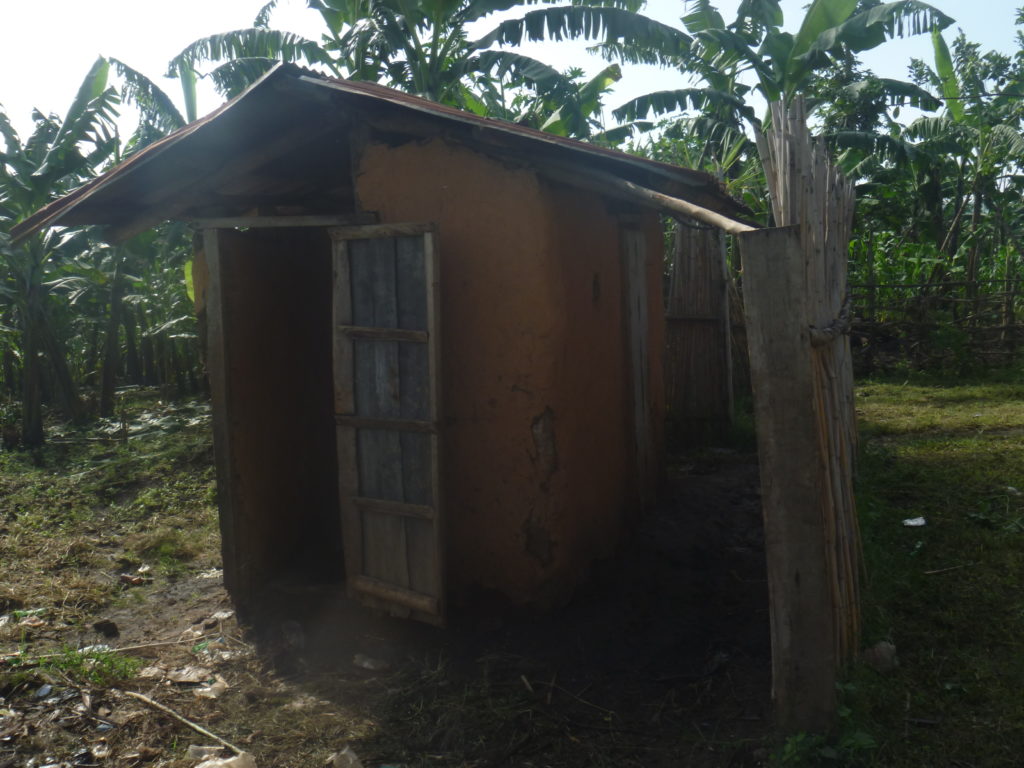
Old simplest form of Pit Latrines (VIP) in rural areas where St.Cecilia nursery and primary school is located
Newly Constructed VIP by TWA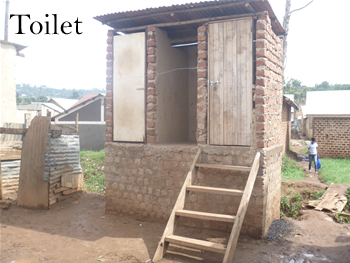
Simplest form of Toilets in urban centers
WASH related so as to jointly reduce the child mortality rate and save for the future generation from poor sanitation related diseases. As a team we will continue to mobilize resources to push the advocacy with other stake holders and policy makers targeting the prevention of children from communicable diseases to reduce the infant mortality rate in the country.
